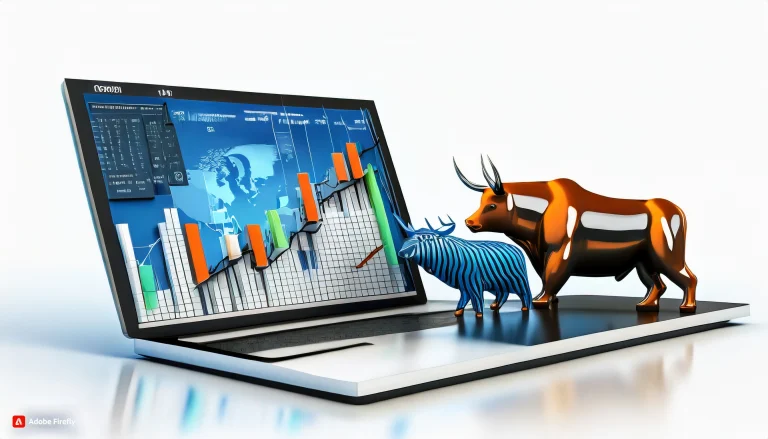- Research & Education
- Trading
mt5 platforms
Trading Products
ACCOUNT TYPES

- Partnership
- About us
- Contact us
The foreign exchange market, commonly known as forex, is the largest and most liquid financial market in the world. It is a decentralized marketplace where currencies are bought and sold. Participants in this market include banks, financial institutions, governments, corporations, and individual traders. The primary purpose of the forex market is to facilitate currency conversion and enable international trade and investment.
The forex market operates 24 hours a day, five days a week, across major financial centers worldwide. It is not centralized in one physical location; instead, it functions through an electronic network of banks and brokers. Major financial centers where forex trading occurs include London, New York, Tokyo, Singapore, and others.

Currencies are traded in pairs, where one currency is exchanged for another. The first currency in the pair is called the "base currency," and the second currency is the "quote currency." For example, in the EUR/USD pair, the euro is the base currency, and the U.S. dollar is the quote currency.
Exchange rates in the forex market are determined by supply and demand forces for different currencies. Various factors influence these rates, including economic indicators, interest rates, political stability, trade balances, and geopolitical events.
Forex trading often involves the use of leverage, allowing traders to control larger positions with a smaller amount of capital. However, leverage can amplify both profits and losses, making forex trading a high-risk activity. To manage the risk, traders need to maintain a margin with their brokers.
* Banks and Financial Institutions: Major banks are active participants in the forex market, both for their clients and for speculative trading purposes.
* Central Banks: Central banks play a crucial role in the forex market through their monetary policies and interventions to stabilize their national currencies.
* Corporations: Companies engaged in international trade may use the forex market to hedge currency risks.
* Hedge Funds and Institutional Investors: These large players engage in speculative trading for profit.
* Retail Traders: Individual traders participate through online forex brokers, aiming to profit from fluctuations in currency prices.
* Trading Strategies: Various trading strategies are employed in the forex market, including day trading, swing trading, scalping, and carry trading. Each strategy involves different timeframes and risk levels.
* Market Sentiment and News Impact: Forex prices can be influenced by market sentiment and economic news releases. Major economic indicators, such as GDP growth, employment data, and interest rate decisions, can cause significant price movements.
* Risks and Rewards: Forex trading offers potential rewards but also comes with substantial risks. It is essential for traders to understand these risks and have a well-defined risk management strategy. Remember that forex trading requires knowledge, skill, and discipline. It's crucial for anyone interested in trading to undertake thorough research, practice on demo accounts, and seek advice from experienced traders or financial professionals before engaging in real-money trading.